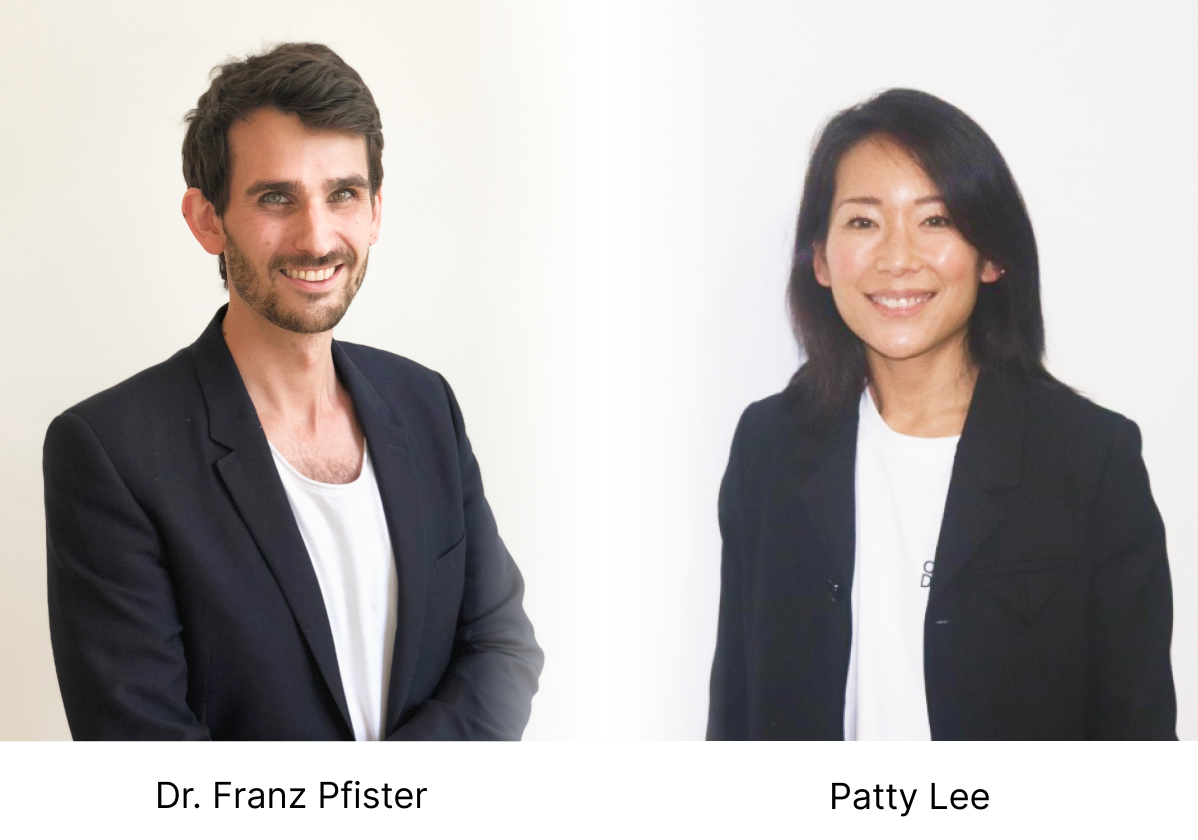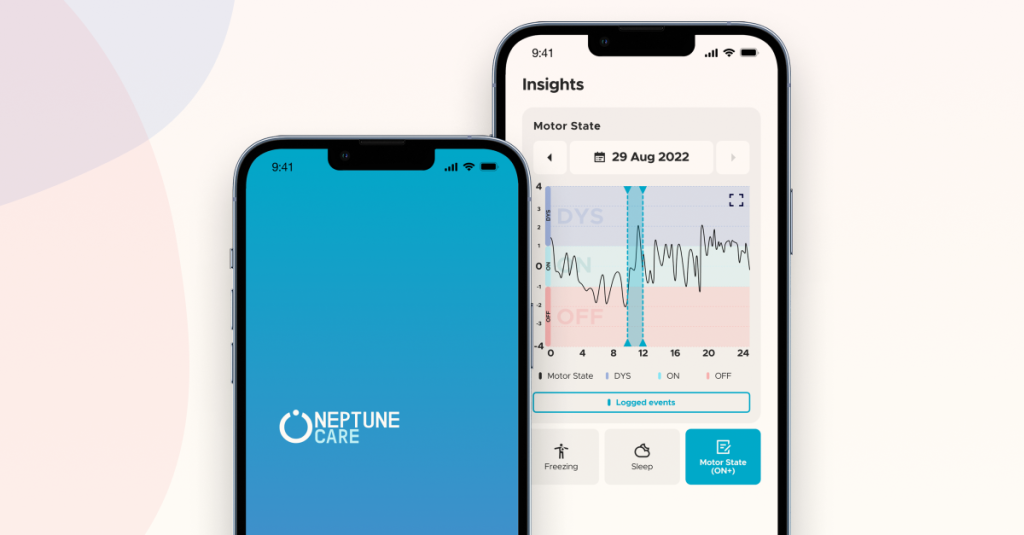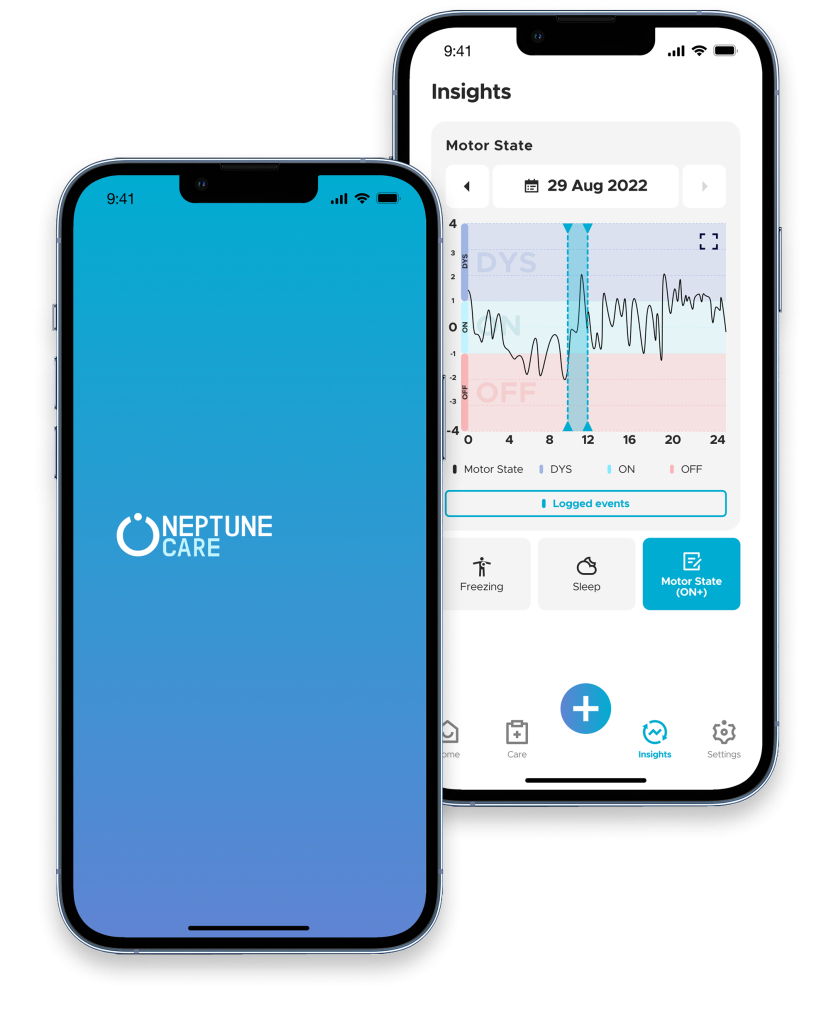“A major gap in clinical care for people with Parkinson’s today is that physicians often rely on a small snapshot of information to guide treatment.”
This is the problem Dr. Franz MJ Pfister faced as a doctor treating people with Parkinson’s disease. Dr. Pfister combined his practical experience in neurology with a master’s degree in data science to co-found Orbit Health, a digital health company that aims to optimize the treatment of people with Parkinson’s disease.
“As a doctor, I only saw patients for about 15 minutes at a time. Since symptoms fluctuate strongly throughout the day, this gives an incomplete picture – which makes optimal treatment decisions very difficult. What I needed was continuous insights into symptoms and disease progression.”
This “gap” inspired him to use sensor technology to collect movement data from people with Parkinson’s. The data was labeled minute-by-minute and analyzed with the help of movement disorder specialists to develop an algorithm that captures motor fluctuations and treatment responses to support clinical decisions.
Continuous insights
The result of this research is Neptune – a wrist sensor and an app for people with Parkinson’s and medical caregivers. Neptune was developed based on artificial intelligence to personalize treatment for each person.
“It’s similar to diabetes treatment, where you can read your blood sugar to determine dosage and timing of insulin intake”, Dr. Pfister says. “With Parkinson’s, regular treatment adjustment is necessary. Through Neptune, objective information helps the physician to personalize the treatment.”
Open access program
At the moment, Orbit Health is launching an Early-Access Program for the patient version of Neptune. This solution is a Class I medical device that aims to support patient self-management and learning. Co-founder Party Lee, who has more than a decade of experience in healthcare in North America, Europe and Asia, says: “The app allows users to log activities such as diet, exercise, sleep and symptoms. This information is then displayed in a visual intuitive graphic. With this technology, people with Parkinson’s can monitor symptoms throughout the day and see how they respond to treatments.”
It can also be useful for people who are less technically oriented. “As long as you wear the sensor, data is passively collected and processed by our AI to provide insights,” says Patty Lee.

“We’re looking for 100 participants for our Early-Access-Program, where people with Parkinson’s can use the solution for a year at no cost”, she adds, encouraging people in the Parkinson’s community to join the waitlist.
“This is a very good opportunity to use new technology to better manage diseases”, says Patty Lee. “It also is an opportunity to get involved: Technology needs to develop.” She hopes to use this feedback to further improve the technology: “Ultimately, we want to provide optimal care to people with Parkinson’s.”
The challenge now is “to enable people to use these tools. Healthcare is going through a digital transformation for the better,” says Patty Lee, “and we need to join forces to make it happen.”
More information




